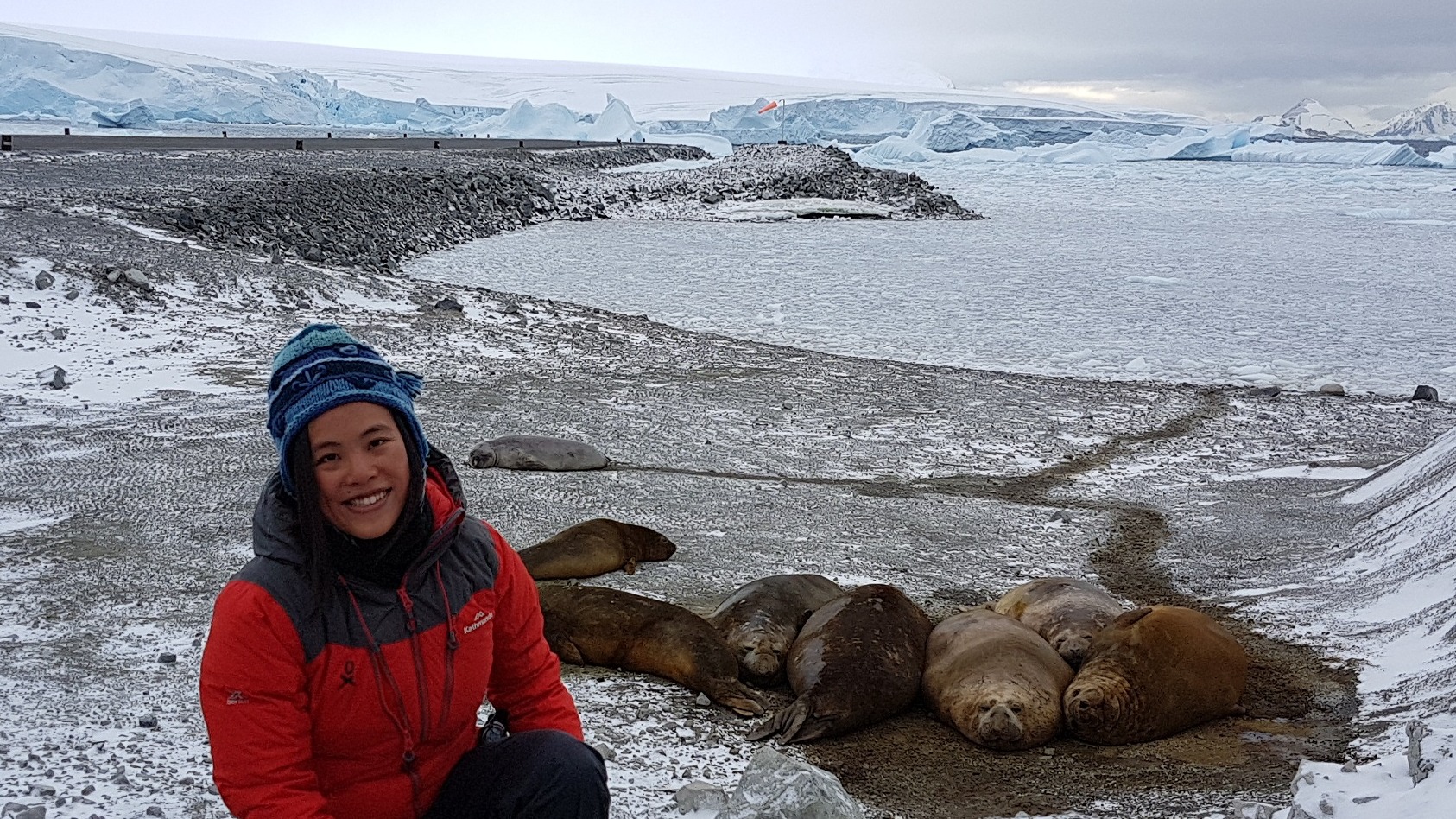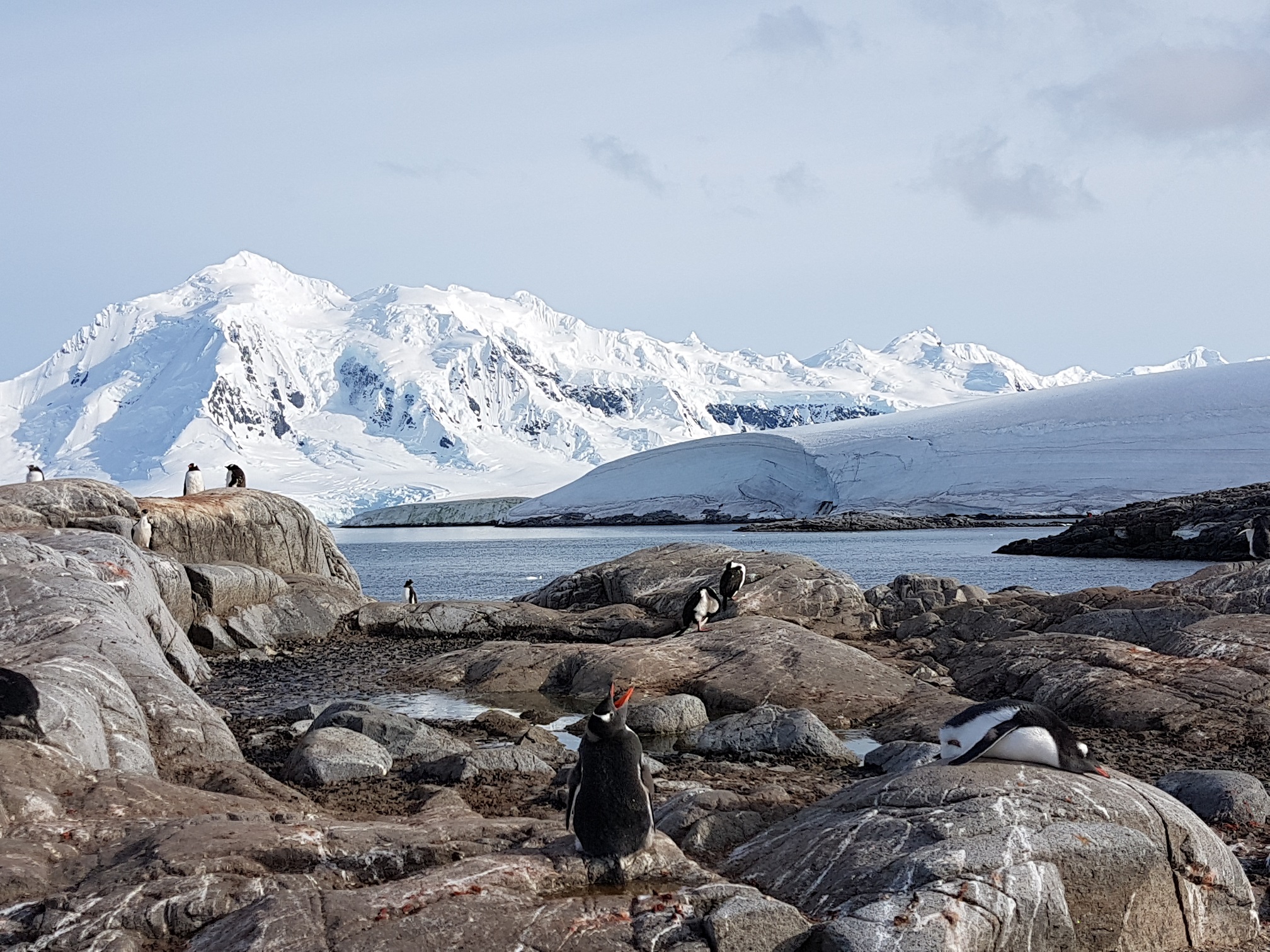By Kyle Birchill, University of Melbourne

Conscious of the increasing demands expected of graduates in the workforce, Wing has always sought out leadership training opportunities.
“I’m getting to the end of my PhD now and it’s getting more and more important to get strong leadership and communication skills and I really want to be able to make a difference in my research field, so when I heard about Homeward Bound it was the perfect opportunity,” she says.
A PhD candidate in the School of BioSciences, Wing recently returned from a three-week expedition to Antarctica. The voyage was the culmination of the 12-month Homeward Bound program that seeks to heighten the influence and impact of women in science. While the program may have ended, Wing says that to her, the program is only just beginning.
“You learn a lot of things on the voyage about leadership and now you start to put it into practice. There’s also a lot of research we are still carrying on, so in one way it’s ended but in another way it’s just started.”

While conscious of the broader issue of women in STEM (Science, Technology, Engineering and Mathematics), Wing has always been fortunate to have supervisors that have supported and encouraged her in her work. Sharing her experience and getting to hear the experiences of the other women aboard the trip helped Wing to see the issue from different perspectives.
"A lot of the other women talked about how they have been affected because they are women and haven’t been able to move into senior leadership roles in their careers," she says.
"People from all different fields – a Nobel laureate in physics, marine scientists, soil scientists, psychiatrists, people working with children in education."

The opportunity to learn more about the under-representation of women in STEM and to brainstorm ways to overcome it was a rewarding one. For Wing, however, the biggest takeaway from the expedition and the leadership program over the past year has been to spend more time engaging with the public.
"Being a scientist is not just being that perfect researcher, if you want to make an impact you must be able to communicate with the public and make a larger-scale change.”
At a policy level, Wing feels that science communication is something that needs a lot more emphasis in education. Asked about the advice she would give to current students, she says to take any opportunity to talk about science. Talking with your parents or siblings can be a good way to start practicing. It also helps you to think about how to communicate science in a way that the broader public can understand.
Wing encourages people to take any opportunity to see public talks, many of which take place on campus or at affiliated institutes and are often free. They offer the opportunity to learn about new topics and research areas while allowing students to see and learn from the different ways that scientists communicate with the public.
"Look out for all the events out there and see how people communicate, and how you can learn from that, and practice it in your daily life.”
Wing was awarded the $10,000 'International Student of the Year - Research' prize at the 2017 Victorian International Education Awards, which helped cover her Homeward Bound participation costs.